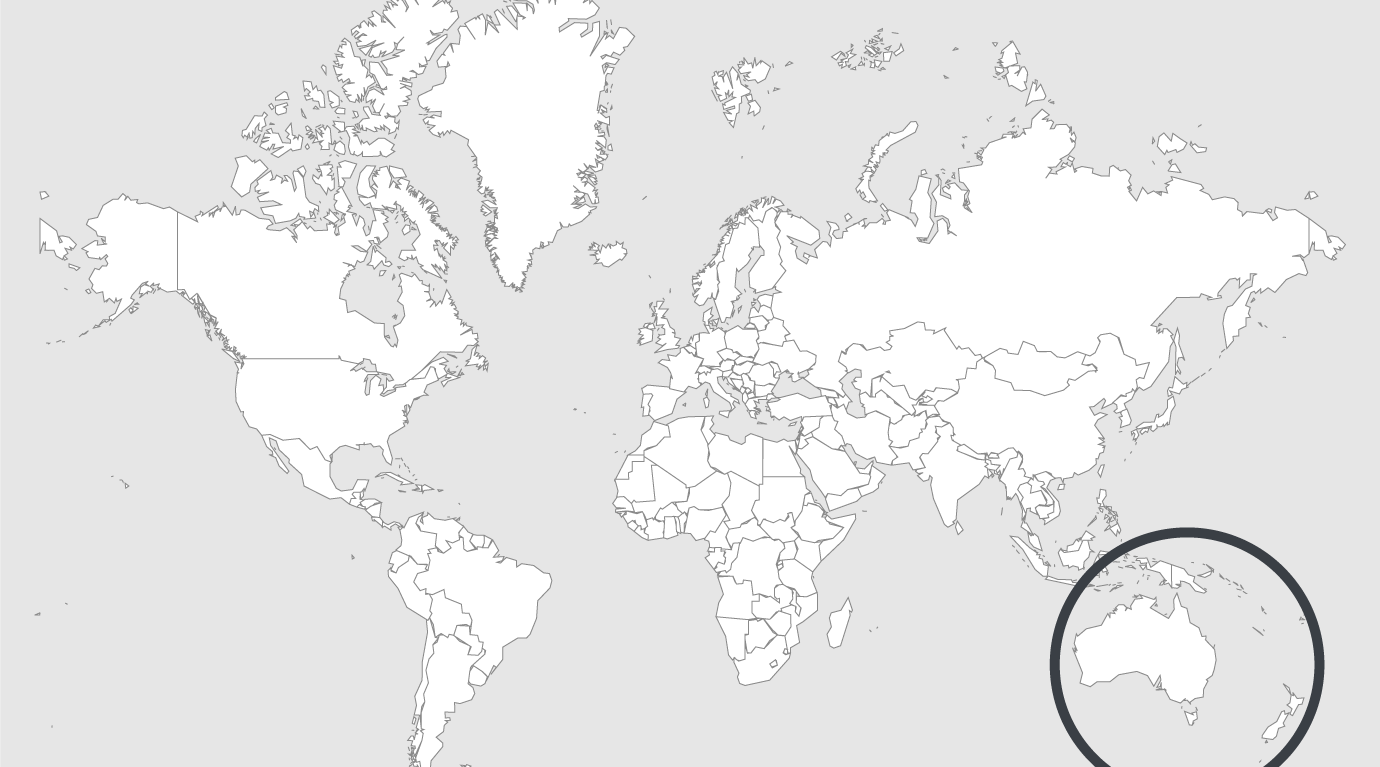
Explore
Australia: Queensland's prison policy is 'stupid', says former chief as he calls for drugs rethink
Queensland’s “stupid” rate of incarceration should push the state government towards legalising recreational drug supply, a former state jails boss has said.
Keith Hamburger also hopes the Palaszczuk government will embrace proposals for Aboriginal-owned “rehabilitation healing” centres for Indigenous offenders, of whom there are “probably 1,000” now in jail who “don’t need to be in there”.
Legalising and regulating recreational drug supply, along with “real rehabilitation” and community strengthening programs, would lead to a reduction in prison numbers “instead of this 90% growth every 10 years”, Hamburger said.
Queensland has almost 8,000 prisoners – or 206 per 100,000 adult population – a rate which Hamburger said was “about a third bigger than Victoria’s, for example, and that’s just stupid”, he said.
Hamburger said the rate compared badly with European countries. Sweden, for example, has a rate of 53 per 100,000, France has 103 and Britain (excluding Northern Ireland) has 140. Australia’s national rate is 208. “We’re about four or five times bigger [per head] than some northern European countries. The long-term savings for government are enormous and that’s why we need to have a conversation with government about the possibilities of this.”
The former corrections head joined the former Australian federal police commissioner, Mick Palmer, in urging politicians to overcome public “fear” and canvas the regulation of recreational drug supply.
Hamburger and Palmer were attending a Queensland Council for Civil Liberties forum on drug policy in Brisbane on Wednesday.
Palmer told Guardian Australia the experience in Queensland, where an ounce of cannabis at $320 costs less than it did 20 years ago despite more arrests than any other state, was a signal example of prohibition’s failure. “With the best will in the world and the strongest policing you can possibly imagine, the price goes down, the availability stays as high as it’s ever been,” he said.
“Anyone you talk to who wants to get drugs can get them, whether it’s here or anywhere else. Young people always know where to find them,” he said. Palmer said he knew of no drugs seizure or syndicate takedown, including ones he was involved with at the AFP, that made any impact on price or community safety in the face of the most lucrative black market. “We haven’t made any damn difference.”
Hamburger said a swollen and expensive prison system also demanded a radical revamp. Traditional “secure cell accommodation” was appropriate only for about 30% of the jail population who were “violent, difficult, long-term type prisoners that commit serious crime”, he said.
A different “therapeutic, community type approach” was needed for the “great bulk of the prison population” serving less than a year. This was particularly so with Indigenous people and others returning to disadvantaged circumstances on release, contributing to the “churn factor” in prisons, he said.
Hamburger said there was an opportunity for Aboriginal communities to take control by using traditional land to establish “healing and rehabilitation facilities” where judges could send Indigenous offenders.
They could undergo “intensive, appropriate rehabilitation” and other treatment and employment programs before supervised community release “linked to family and community strengthening”.
There were “well developed” proposals before the state government for rehabilitation centres at Mount Tabor station, on Bidjara country, as well as at Augathella, and near Charleville, Hamburger said. There were also talks with the community in Cherbourg, Woorabinda, and with Murri Watch in Brisbane about an inner-city model.
“The Aboriginal [people] we’ve been talking to, the leaders in the community, they want to be empowered to take control of this,” Hamburger said. “These facilities will be owned and staffed by Aboriginal people and they would put a tender in to the government for a fee to actually look after these people instead of putting them into prison.
“It will be cheaper than having them in prison and the cost savings are just massive in terms of reduced infrastructure down the track.”
Read full article.
